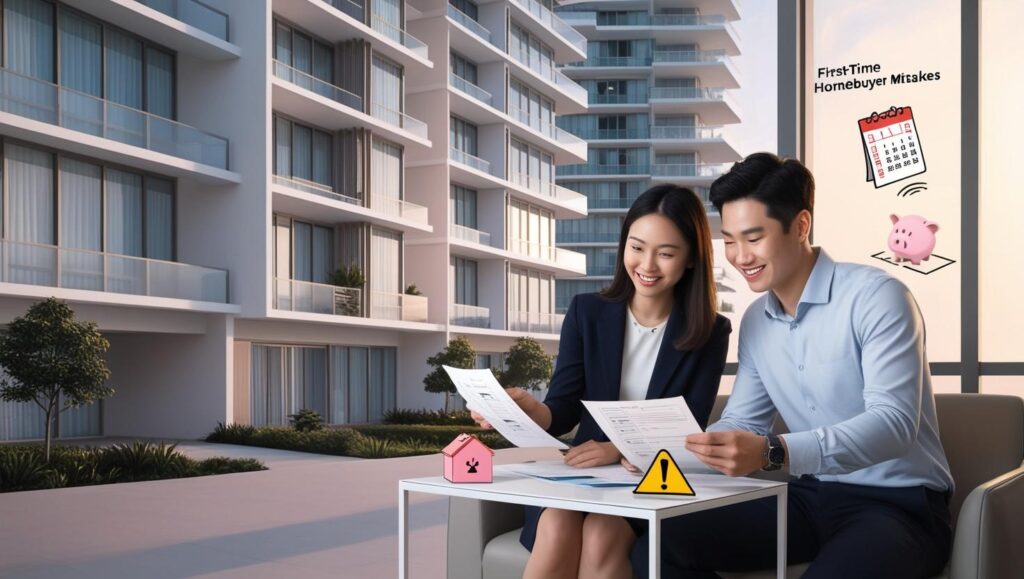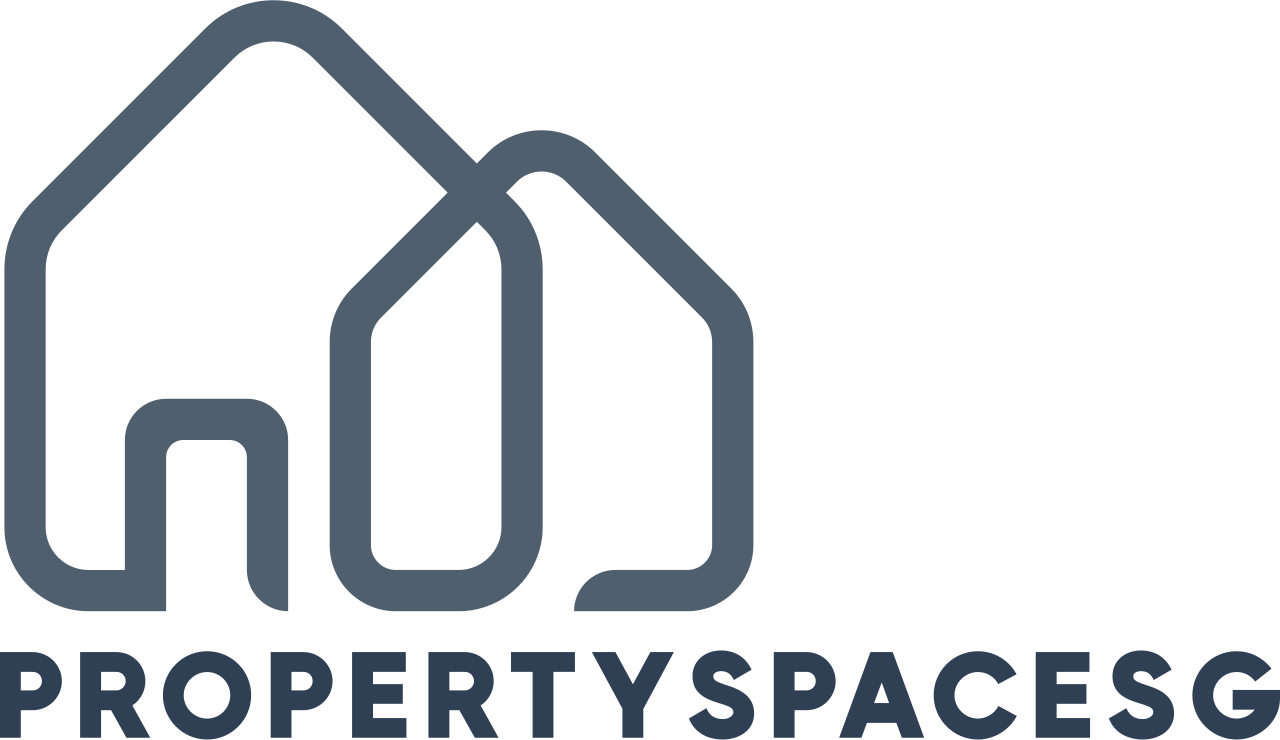
Buying your first condominium in Singapore is a significant milestone — but it’s also one that comes with a steep learning curve. Many new buyers are unfamiliar with the intricacies of private property purchases, financing rules, and hidden costs that can creep up after the deal is done.
At PropertySpaceSG, we’ve worked with countless first-time buyers and witnessed common pitfalls that can derail what should be an exciting experience. In this guide, we outline 10 of the most frequent mistakes made by new condo buyers in Singapore — and share practical advice on how to avoid them.
1. Not Knowing Their Budget Limits
One of the biggest mistakes first-time buyers make is assuming they can afford a condo simply because they qualify for a home loan. In reality, loan eligibility does not always reflect true affordability. Buyers often overlook the full spectrum of upfront and ongoing costs such as Buyer’s Stamp Duty (BSD), legal fees, insurance, renovations, and monthly maintenance.
How to avoid it: Start with a detailed affordability assessment. Use online calculators and speak with a mortgage advisor to understand your monthly repayment limits. Apply for an In-Principle Approval (IPA) from a bank to determine your maximum loan eligibility — but use this only as a ceiling, not a target.
2. Ignoring the Total Debt Servicing Ratio (TDSR)
Singapore’s TDSR framework restricts your total monthly debt repayments — including car loans, credit card debt, and student loans — to 55% of your gross monthly income. Ignoring this rule can result in being eligible for a much smaller loan than expected, derailing your condo search.
How to avoid it: Take stock of all your financial obligations before applying for a loan. Consider reducing your existing debts or closing unused credit lines to improve your TDSR score.
3. Rushing to Buy Without Comparing Options
It’s easy to fall in love with the first property you view — especially if it’s well staged or offers attractive promotional pricing. However, rushing to commit without proper due diligence can lead to buyer’s remorse.
How to avoid it: Shortlist multiple units within your budget and preferred location. View at least 3 to 5 condos before deciding. Take notes, ask questions, and compare floor plans, amenities, and lease tenures.
4. Choosing Based on Looks, Not Location
A stunning condo with modern facilities might feel impressive at first, but if it’s far from public transport, schools, or daily amenities, convenience will quickly become an issue. Poor location can also affect long-term capital appreciation and rental yield.
How to avoid it: Focus on properties near MRT stations, expressways, schools, and commercial nodes. Use tools like URA’s Master Plan to identify upcoming developments and potential growth corridors.
5. Overlooking Monthly Costs and Cash Flow
Beyond the mortgage, buyers must plan for recurring monthly expenses such as condo maintenance fees, property taxes, insurance, and utilities. Failing to factor these in may lead to financial stress down the road.
How to avoid it: Calculate all monthly outflows, including estimated bills and contributions to sinking funds (MCST). Make sure your condo lifestyle fits your cash flow comfortably.
6. Misunderstanding Freehold vs Leasehold Tenure
Many assume that freehold properties are always superior, but they often come at a premium. Leasehold condos, especially newer ones in prime locations, may offer better value and stronger rental returns.
How to avoid it: Consider the property’s age, location, and potential for appreciation. Balance your priorities — whether it’s long-term ownership or better value per dollar.
7. Not Reviewing Unit Layouts or Floor Plans Carefully
A condo might have a decent size on paper but poor design can make it feel cramped. Buyers sometimes ignore wasted spaces like long corridors, bay windows, or unusable corners.
How to avoid it: Study the floor plan thoroughly. Look for efficient layouts with good natural lighting, ventilation, and storage options. Whenever possible, visit the actual unit rather than relying solely on showflat mockups.
8. Skipping a Professional Defect Inspection
Even brand-new condos can come with workmanship issues or design flaws. Some buyers skip the defect check to save money, only to pay much more for repairs later.
How to avoid it: Hire a professional inspection service to identify defects before you take possession. For resale units, check air-conditioning, plumbing, water pressure, electrical systems, and tiling.
9. Underestimating Renovation and Furnishing Costs
Many first-time buyers assume minimal work is needed after purchase, only to be hit with unexpected expenses during the renovation phase.
How to avoid it: Get multiple quotes early — even before purchase if possible. Build in a renovation buffer of $30,000–$70,000 depending on unit size and condition. Include costs for appliances, furniture, and decor.
10. Navigating the Process Alone Without Expert Help
Trying to handle everything alone can be risky. First-time buyers may miss key steps in the legal process, misunderstand loan documents, or make emotional decisions under pressure.
How to avoid it: Engage a trusted property advisor who understands your needs and protects your interests. A good agent will guide you through every step — from shortlisting and viewings to negotiation and paperwork.
Final Thoughts: Buying with Confidence
Buying your first condo in Singapore is a major decision, but it doesn’t have to be stressful or overwhelming. With the right preparation and guidance, you can avoid costly mistakes and make a smart, confident investment.
At PropertySpaceSG, we specialise in working with first-time buyers. We’ll help you avoid common pitfalls, identify value-for-money properties, and walk you through every step of the purchase process.
